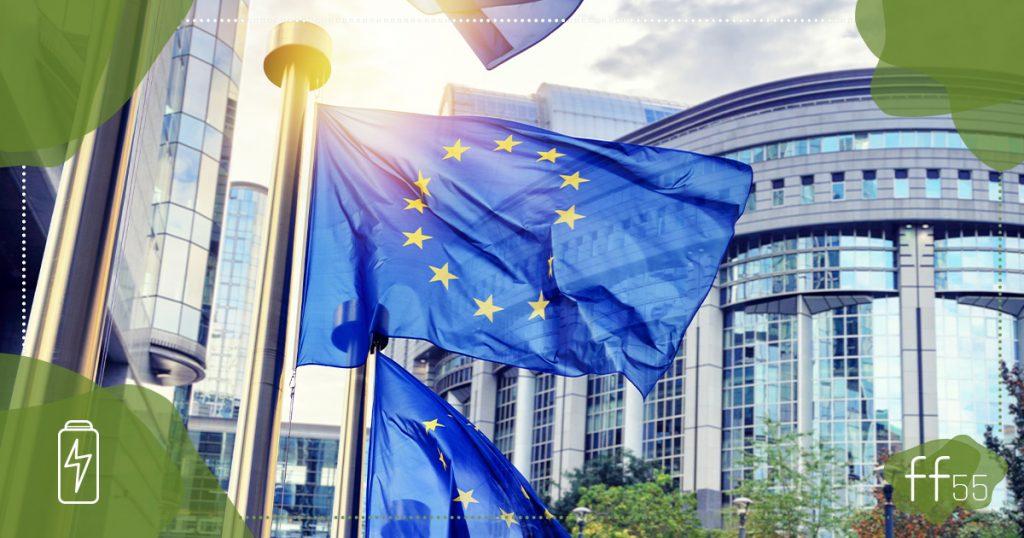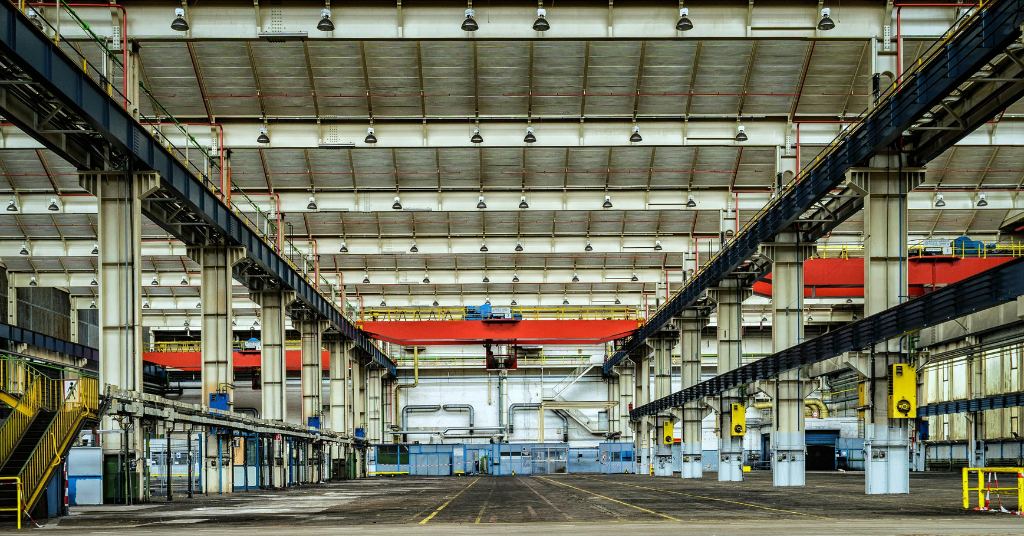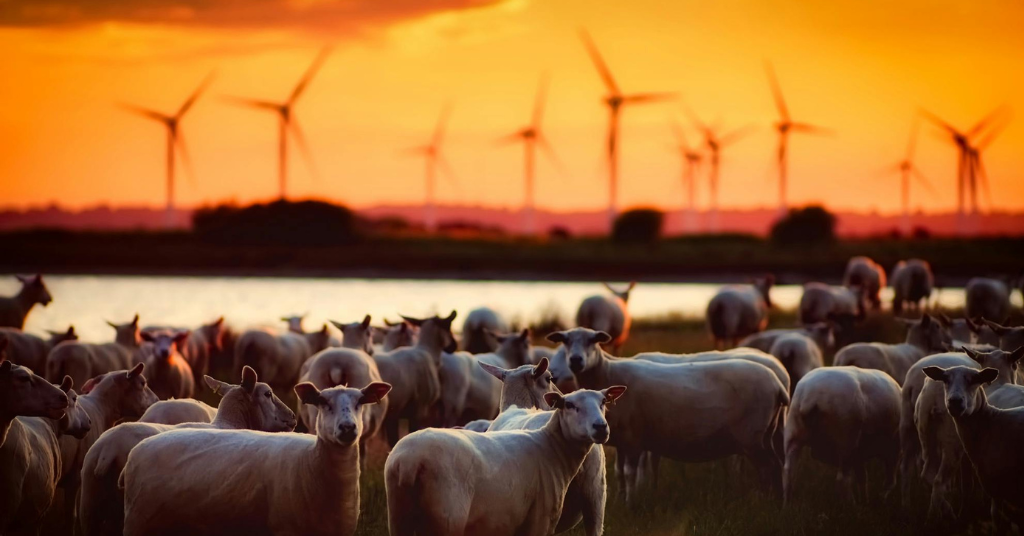The details of the resolution
Gas projects that emit 270 grams of CO2 – equivalent per kilowatt-hour or less may obtain a temporary green label. They may also get it if their annual emissions don’t exceed an average of 550 kilograms per kilowatt-hour over 20 years. Construction permits must be obtained by 2030, and need to have plans to switch to renewable or low-carbon gases until 2035.
After the EU’s decision to consider gas as ‘green’ investment, both activists and investors said they may disregard the label. Many European citizens think that Europe has lost focus and wasted a once in a lifetime opportunity to set rules for sustainable investing. This time they aren’t alone as plenty of players joined them, agreeing that the decision is a classic example of greenwashing.
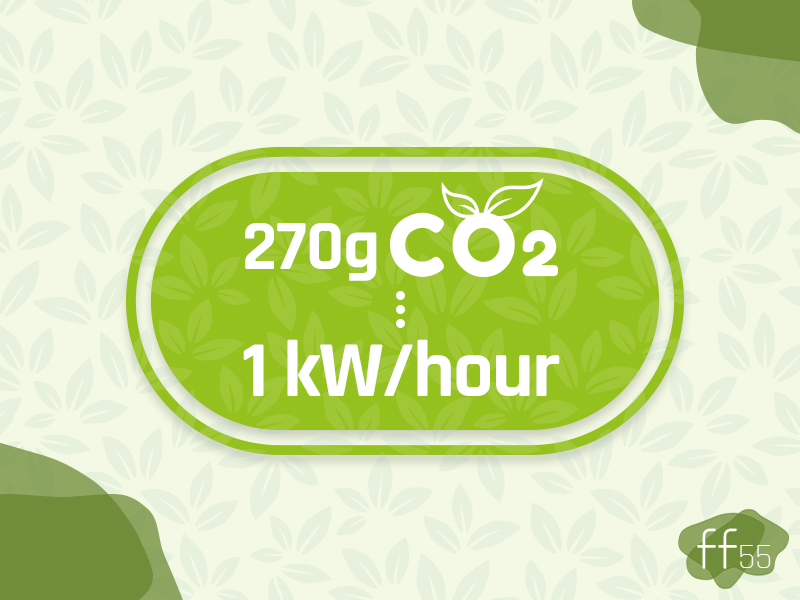
Not two sides of the coin anymore
Global Witness, an NGO that works to break the links between natural resource exploitation, conflict, poverty, corruption, and human rights abuses worldwide, has called the decision a “sick joke”.
Stephan Kippe, head of ESG research at Commerzbank AG, said it “doesn’t make the fight against greenwashing any easier.”, while several other institutions, including the European Investment Bank declared that they’ll ignore the gas designation.
Even member countries, like Austria and Luxembourg are massively disappointed, and it has been reported that they will challenge the law at the European Court of Justice.
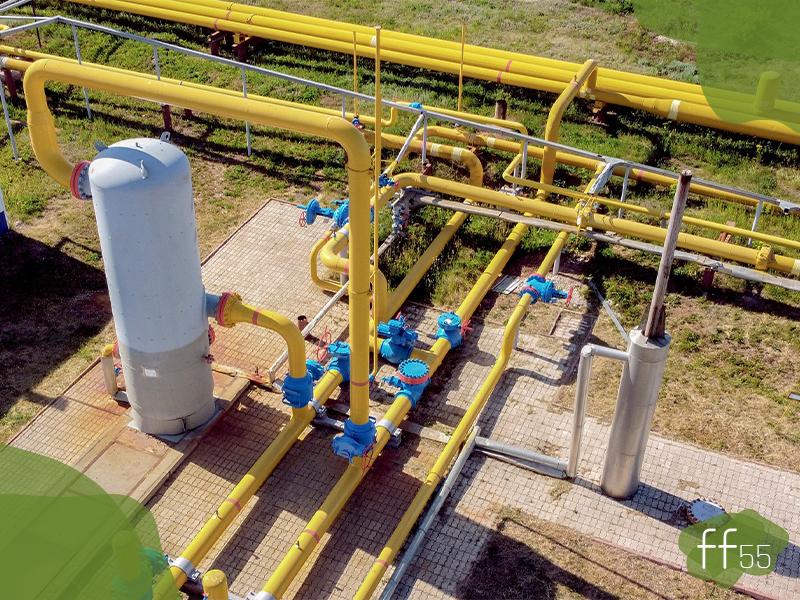
Where does it leave us?
Even if gas will only be considered green if it’s used to transition away from “dirtier” fossil fuels, many feel that while Europe has been a trailblazer when it came to climate policies, now the new labelling system is far too similar to South Africa’s or Russia’s.
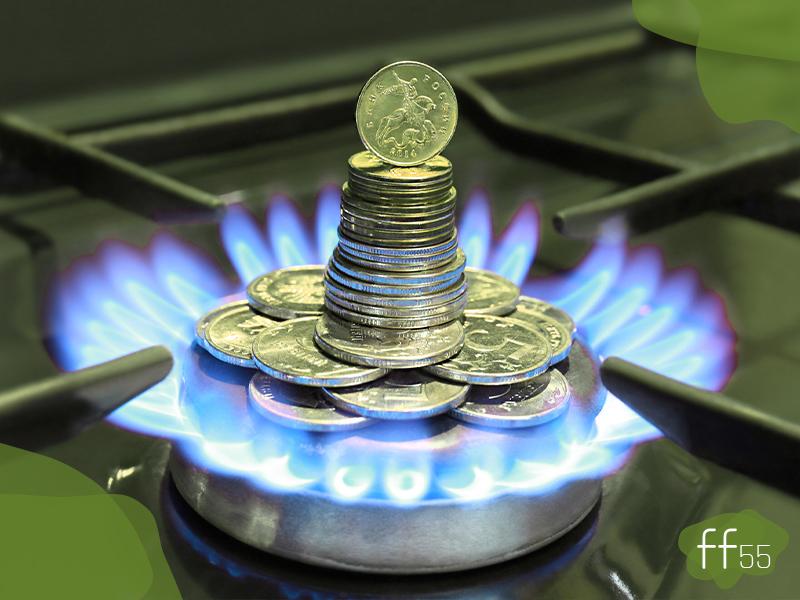
The latter country has also appeared in the debate: some reports have also highlighted the tension caused by the law, as it goes against one of the main goals of the European Union, to wean the continent off Russian fossil-based energy.

